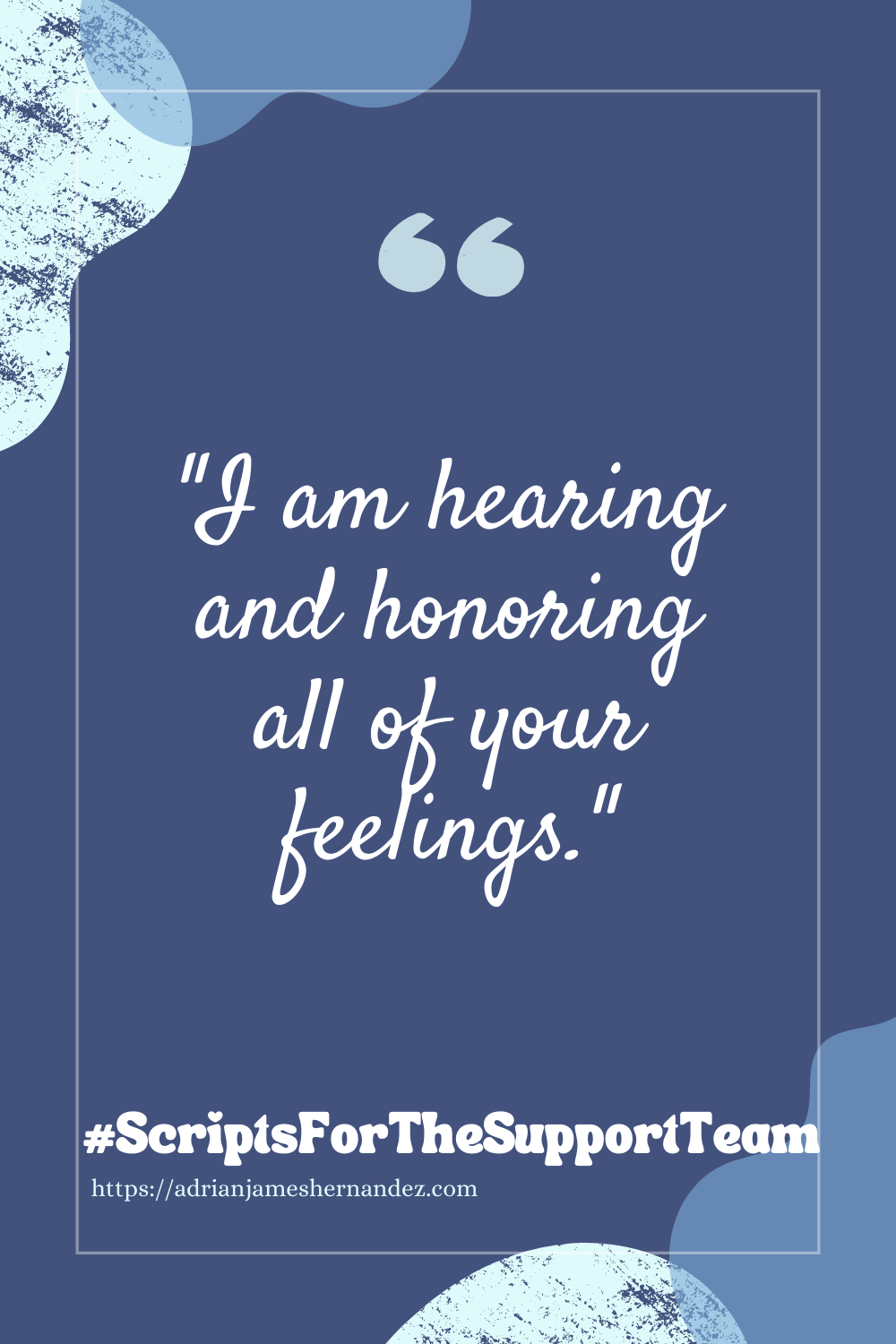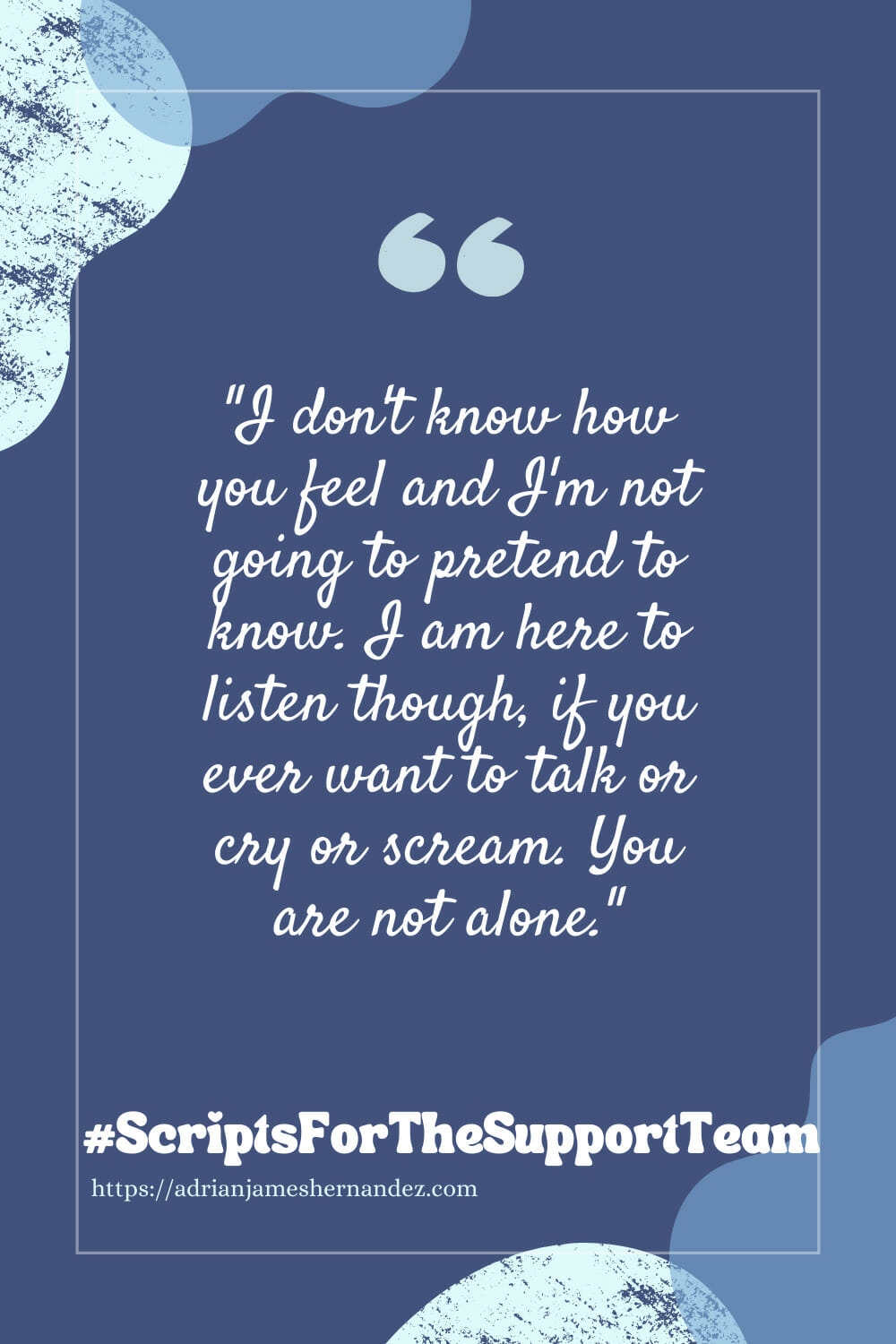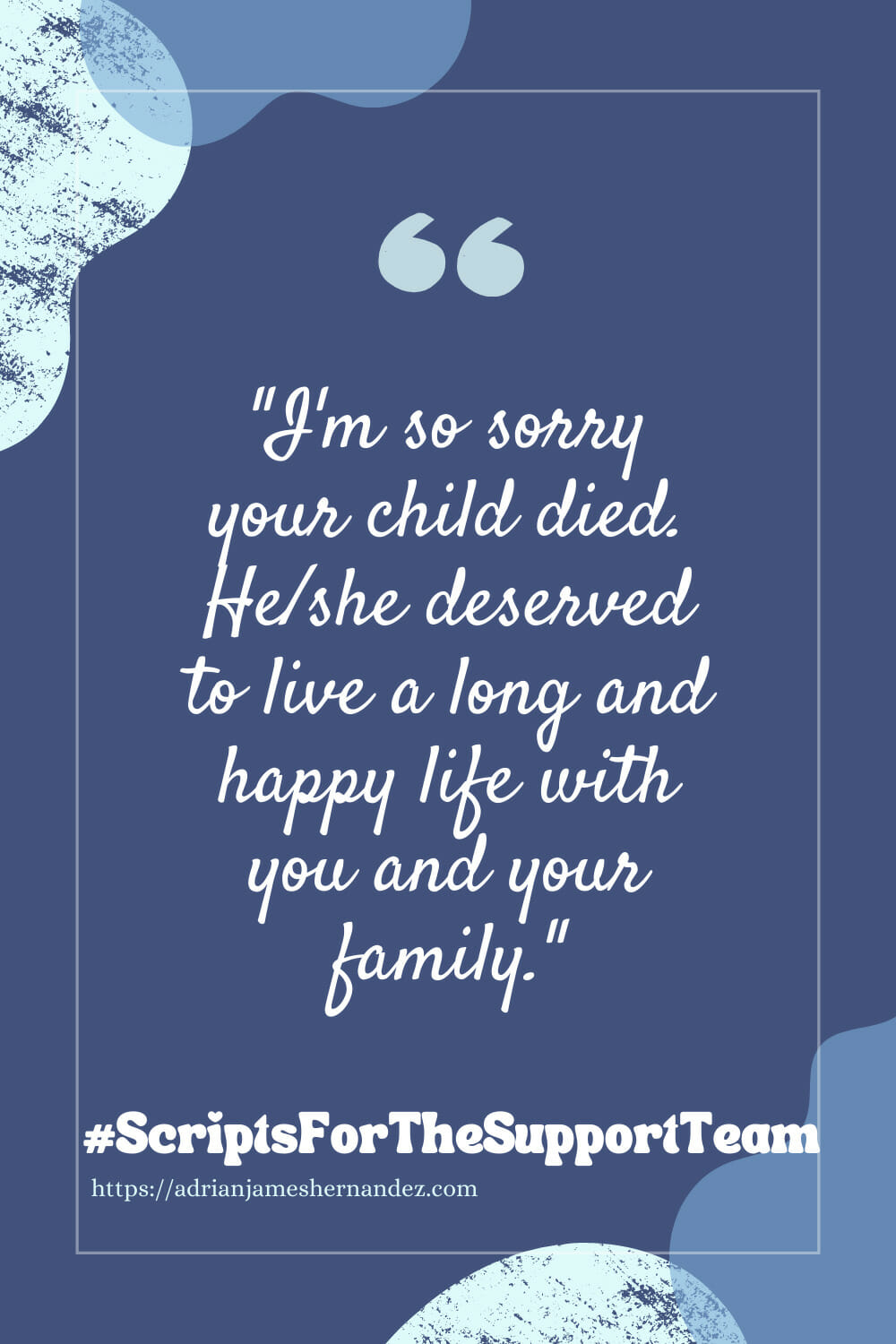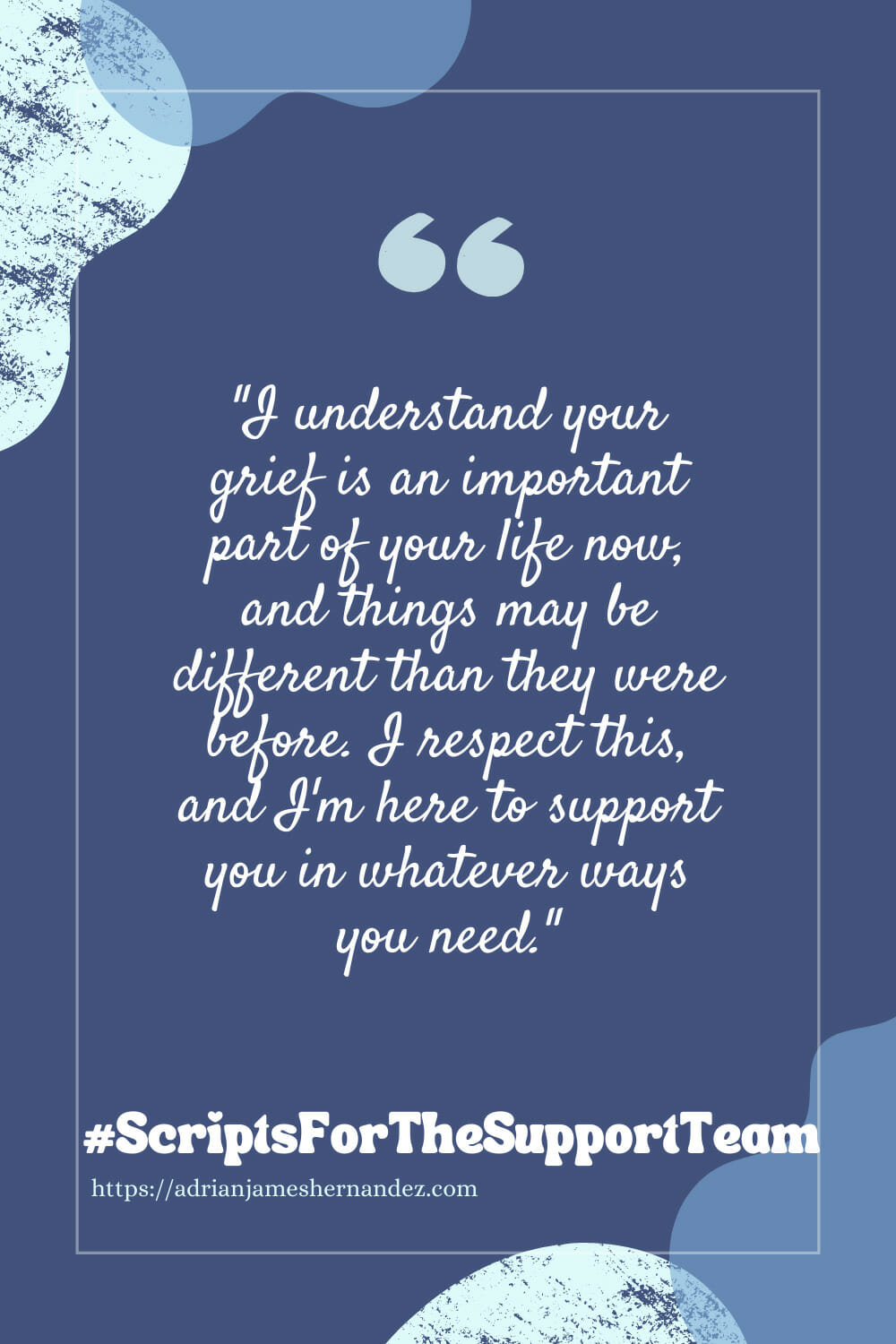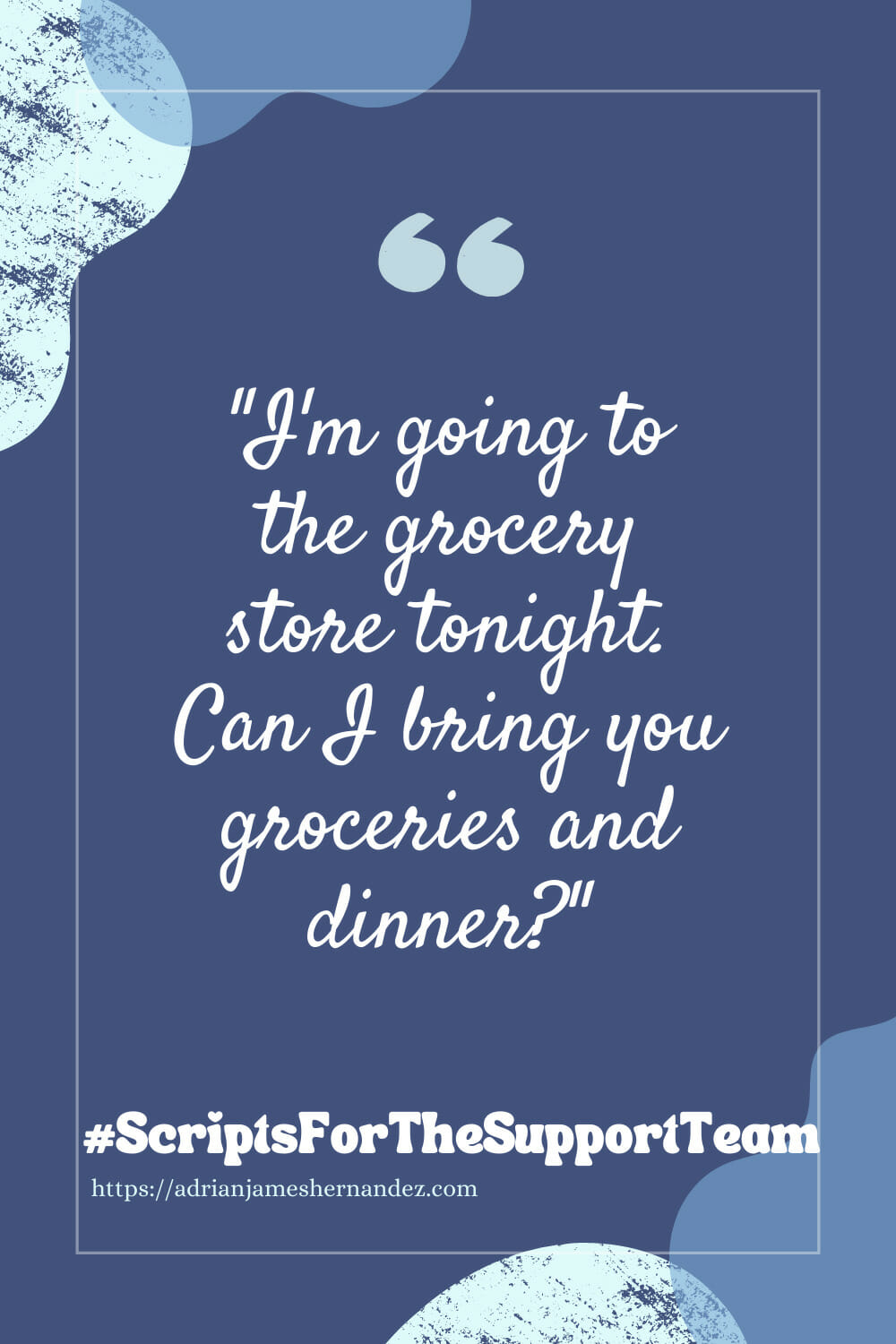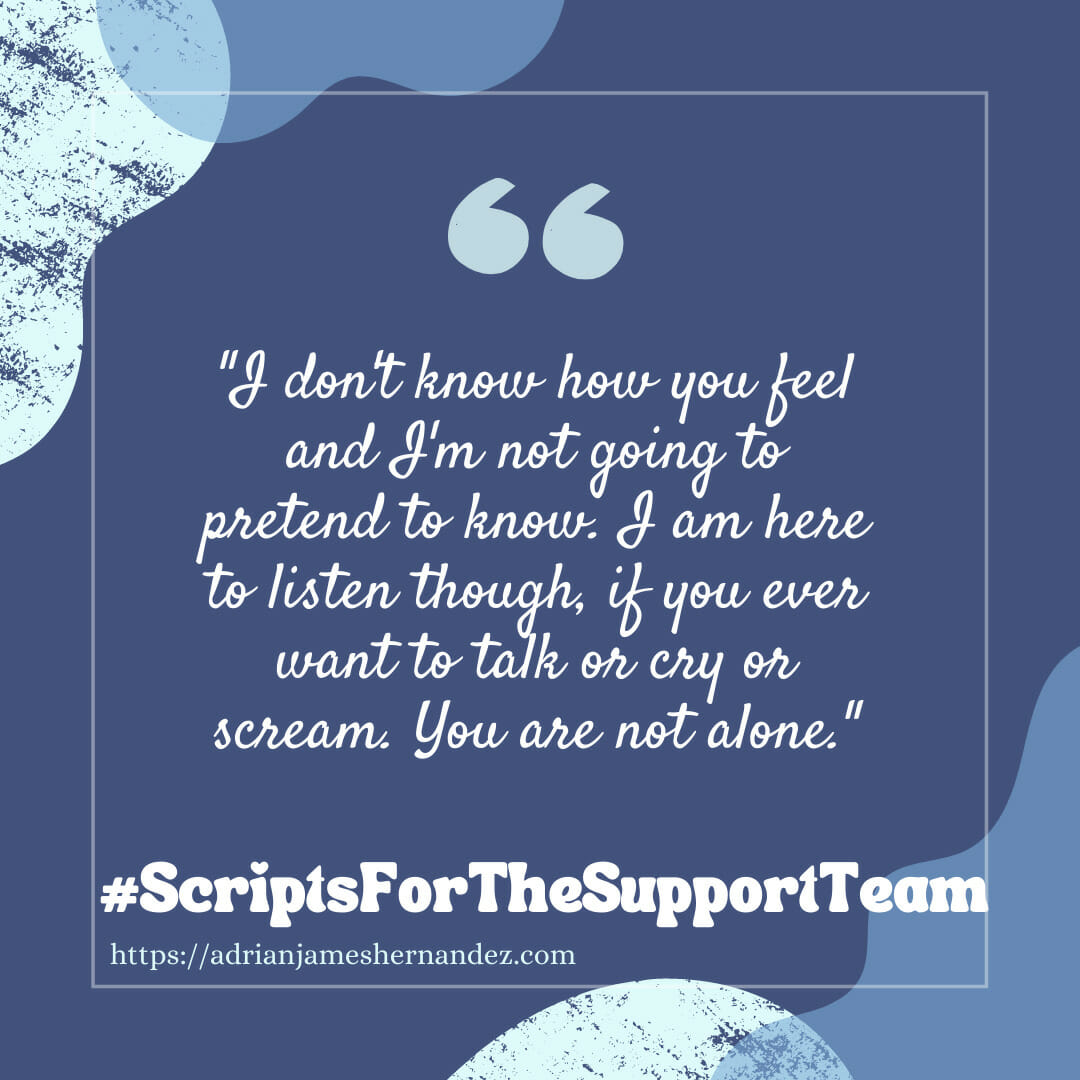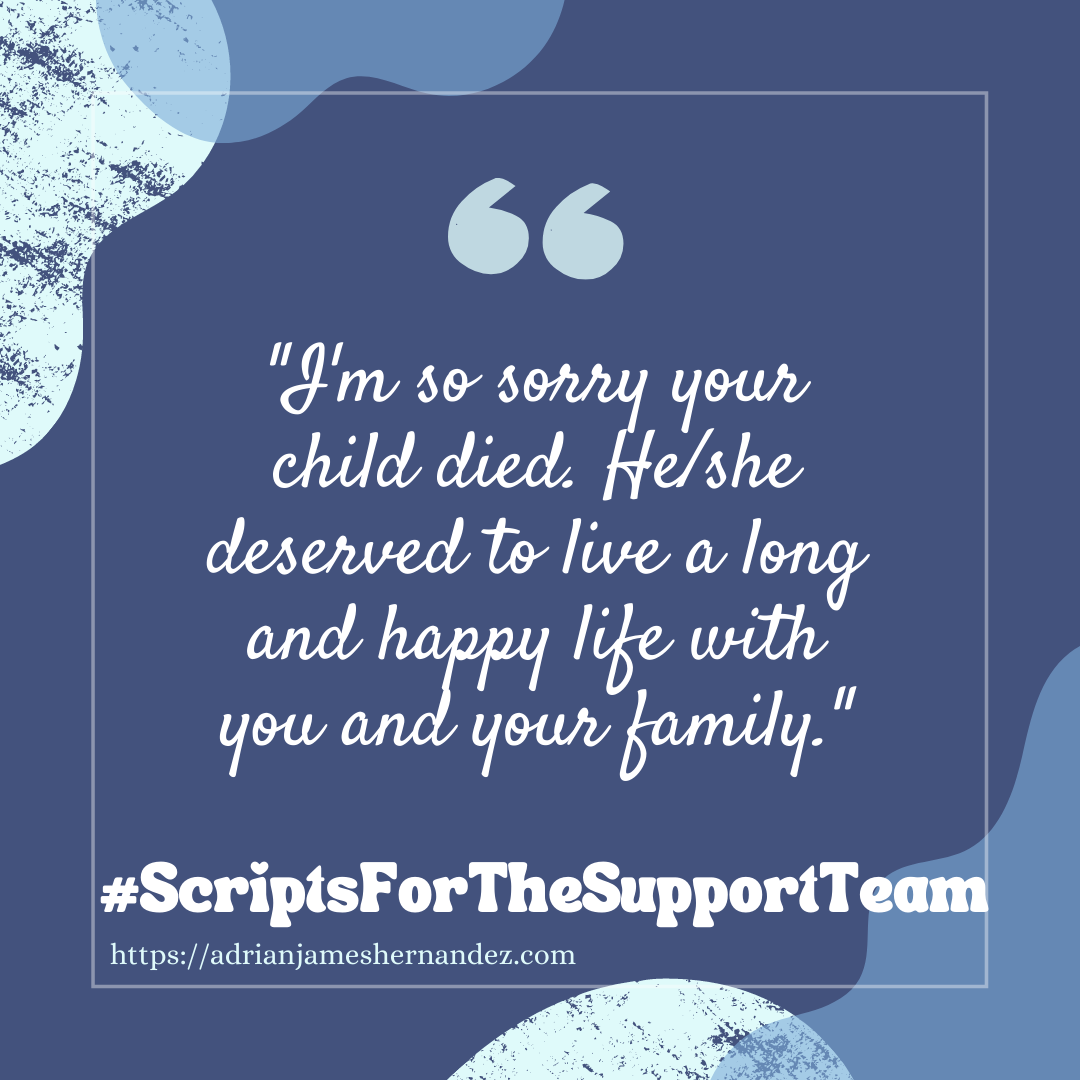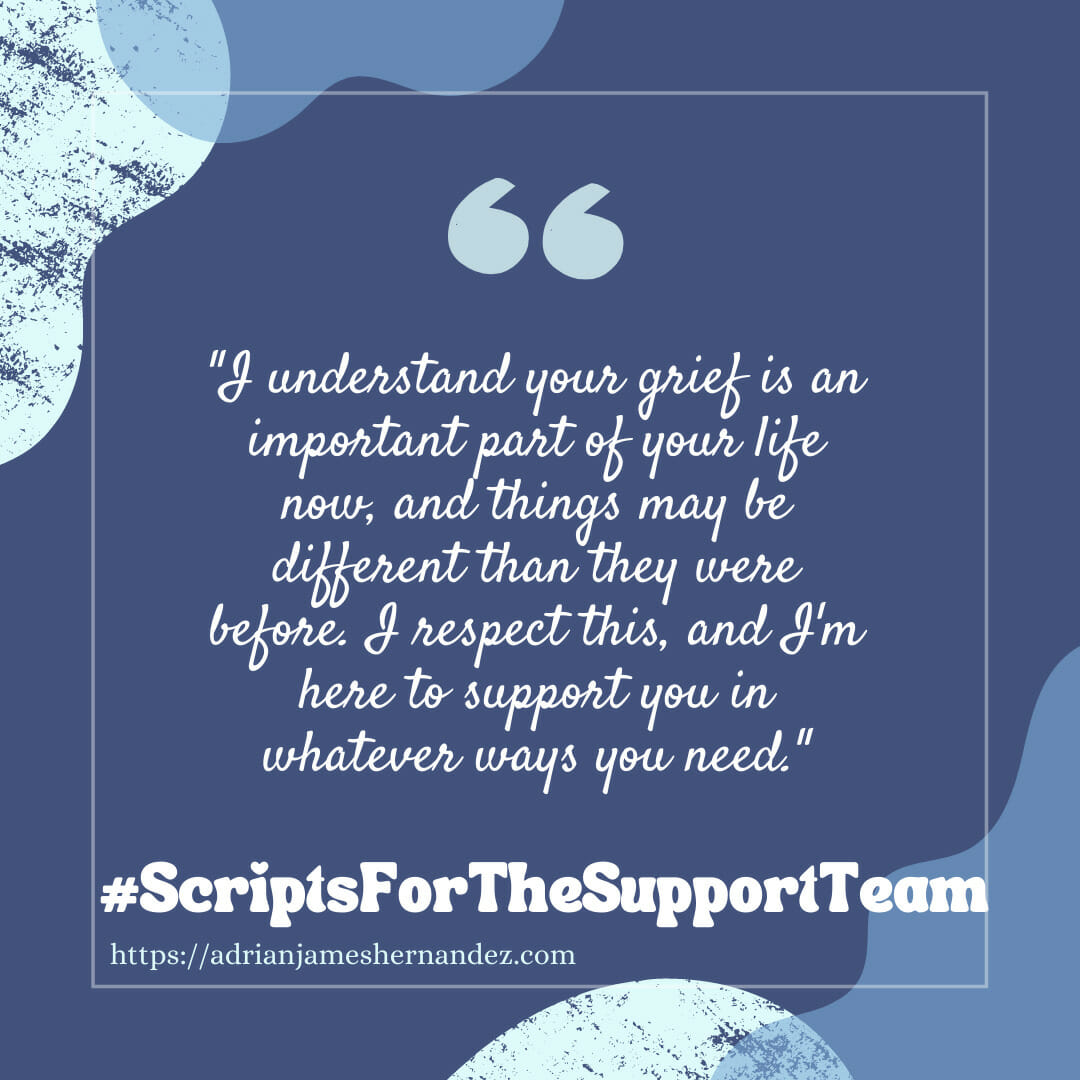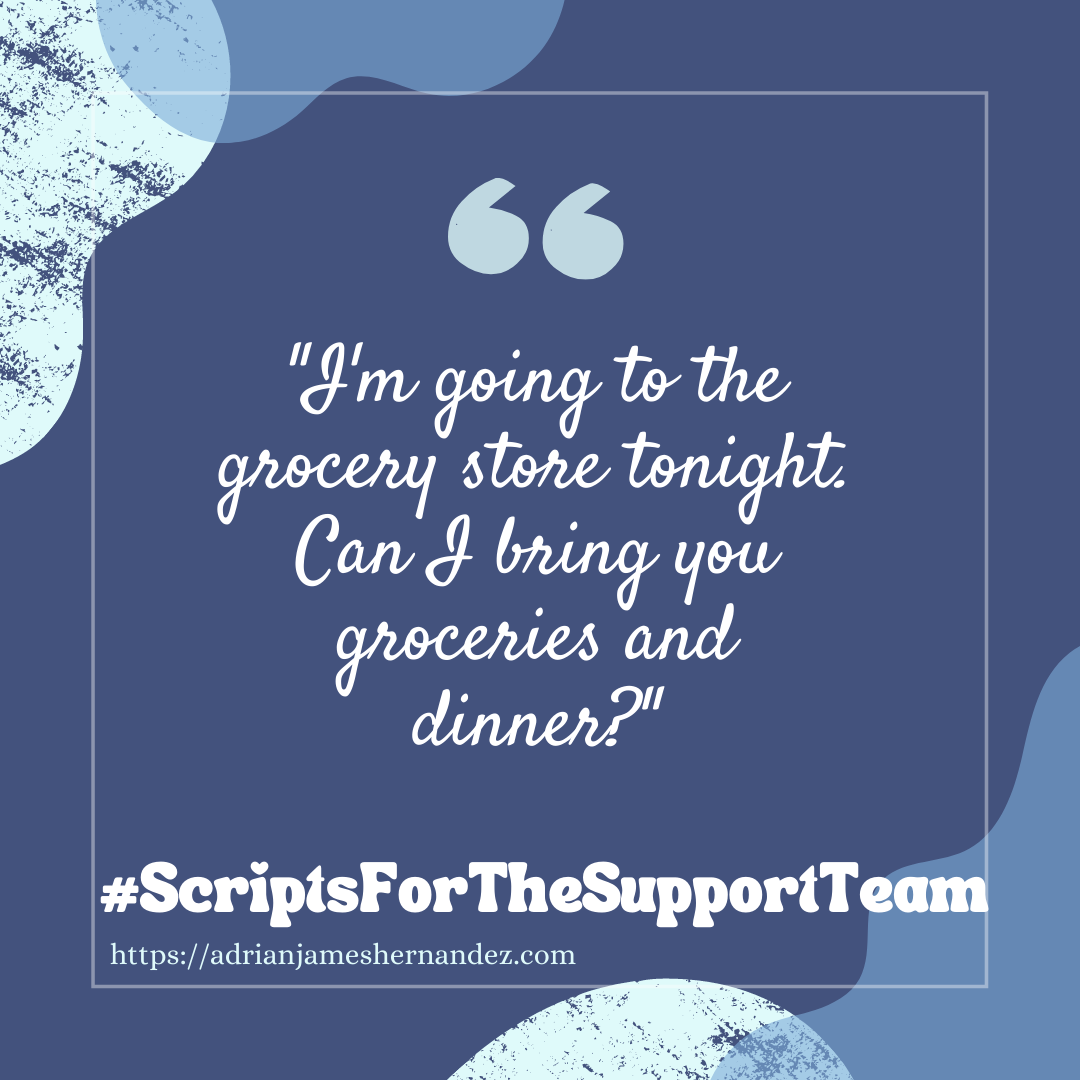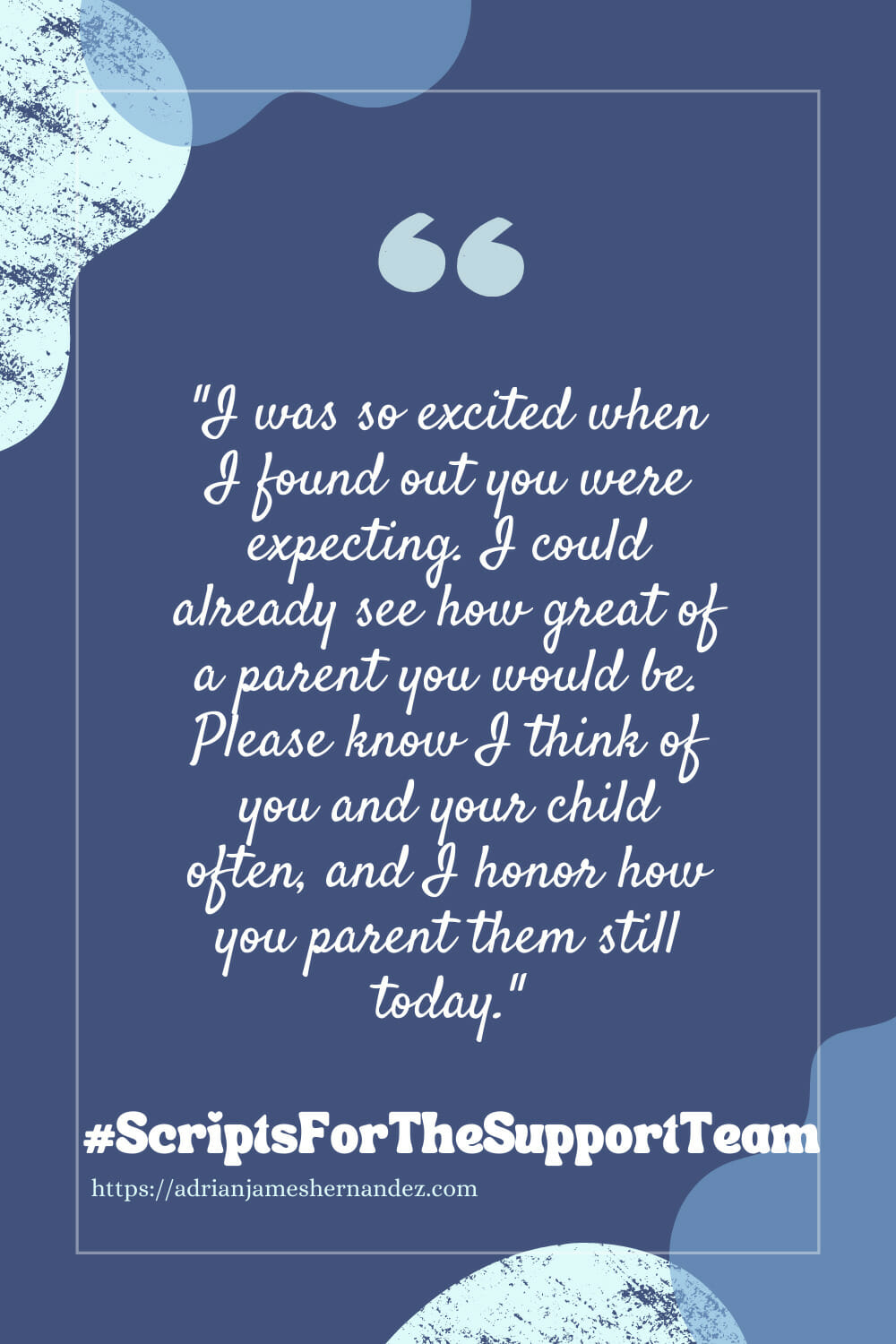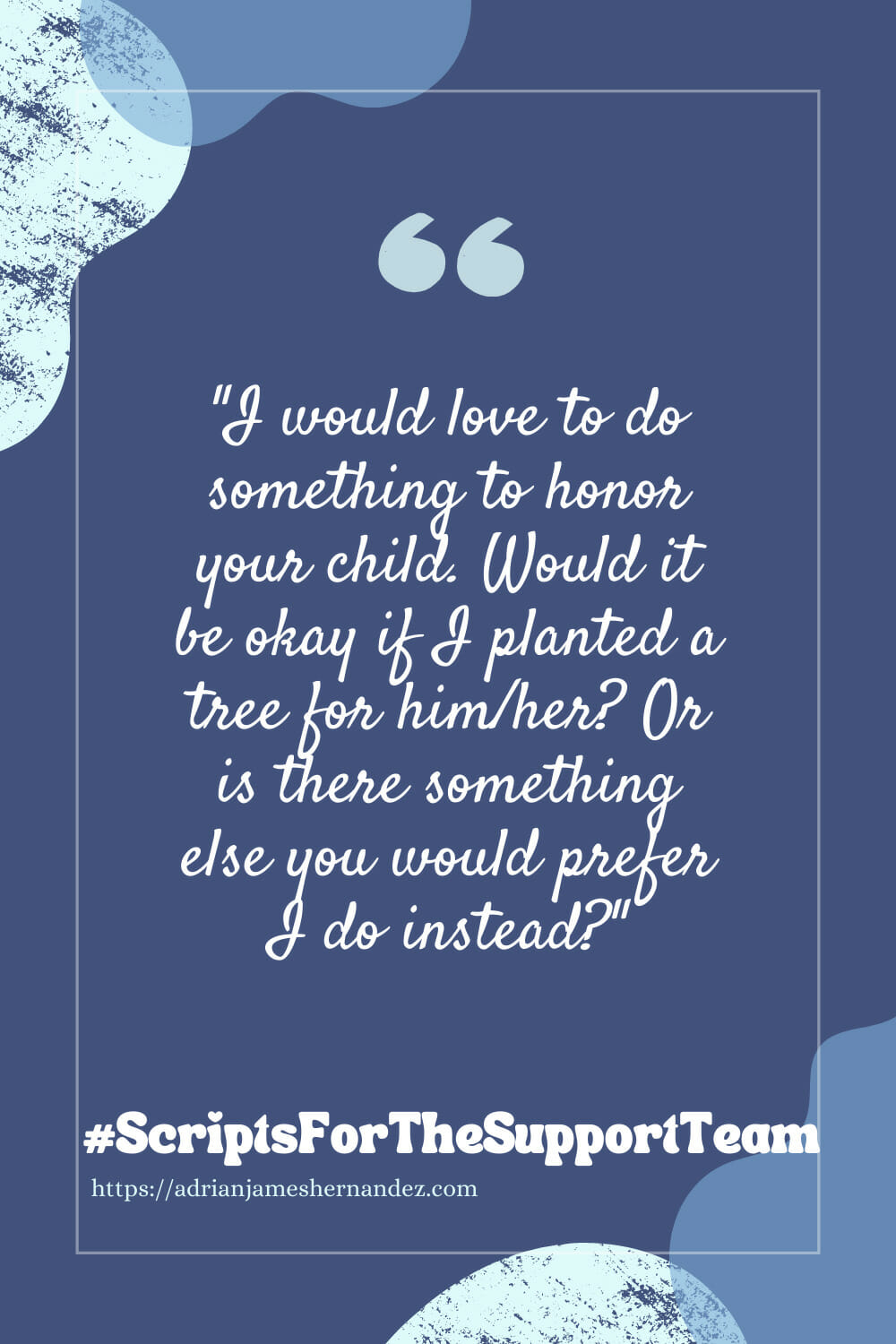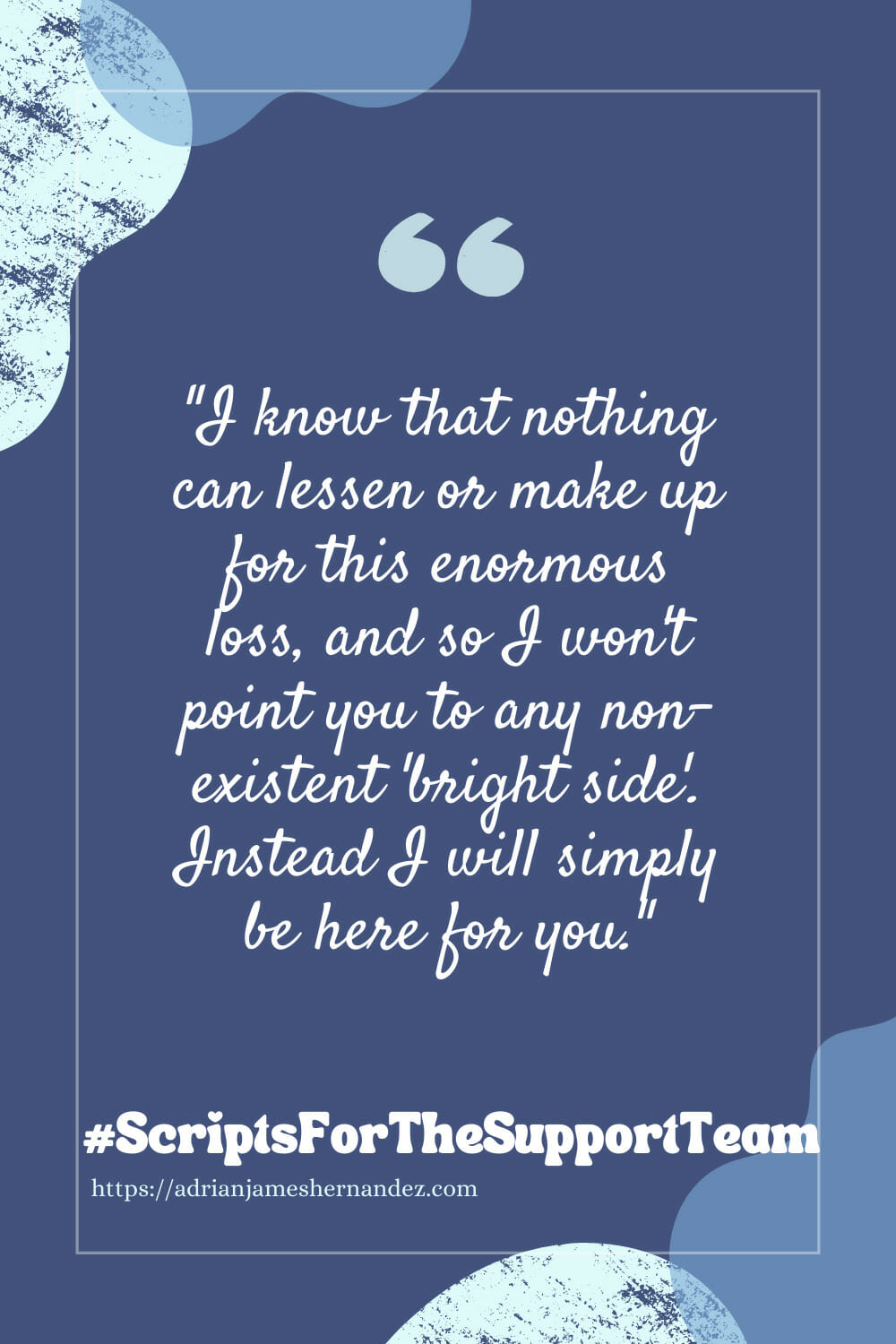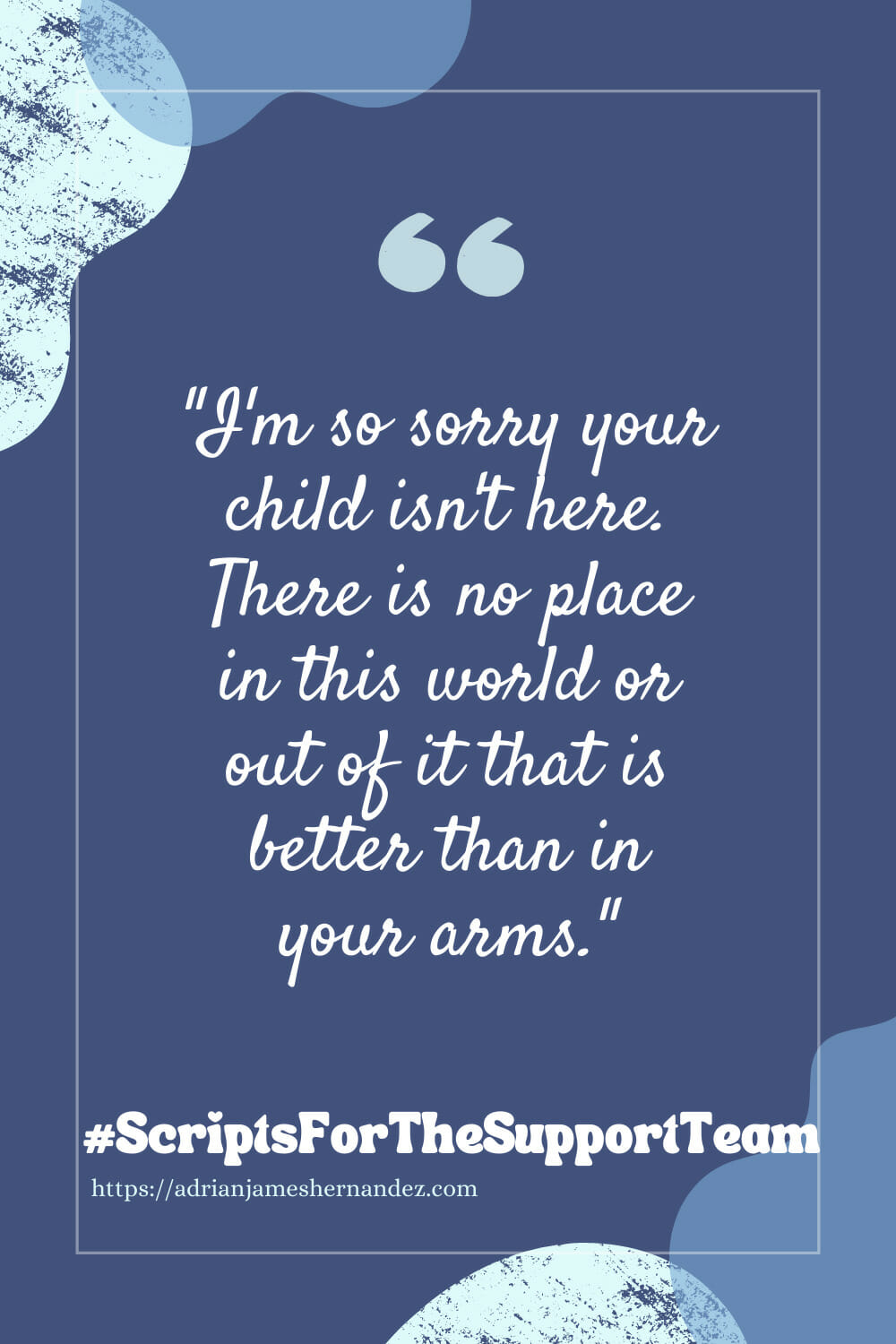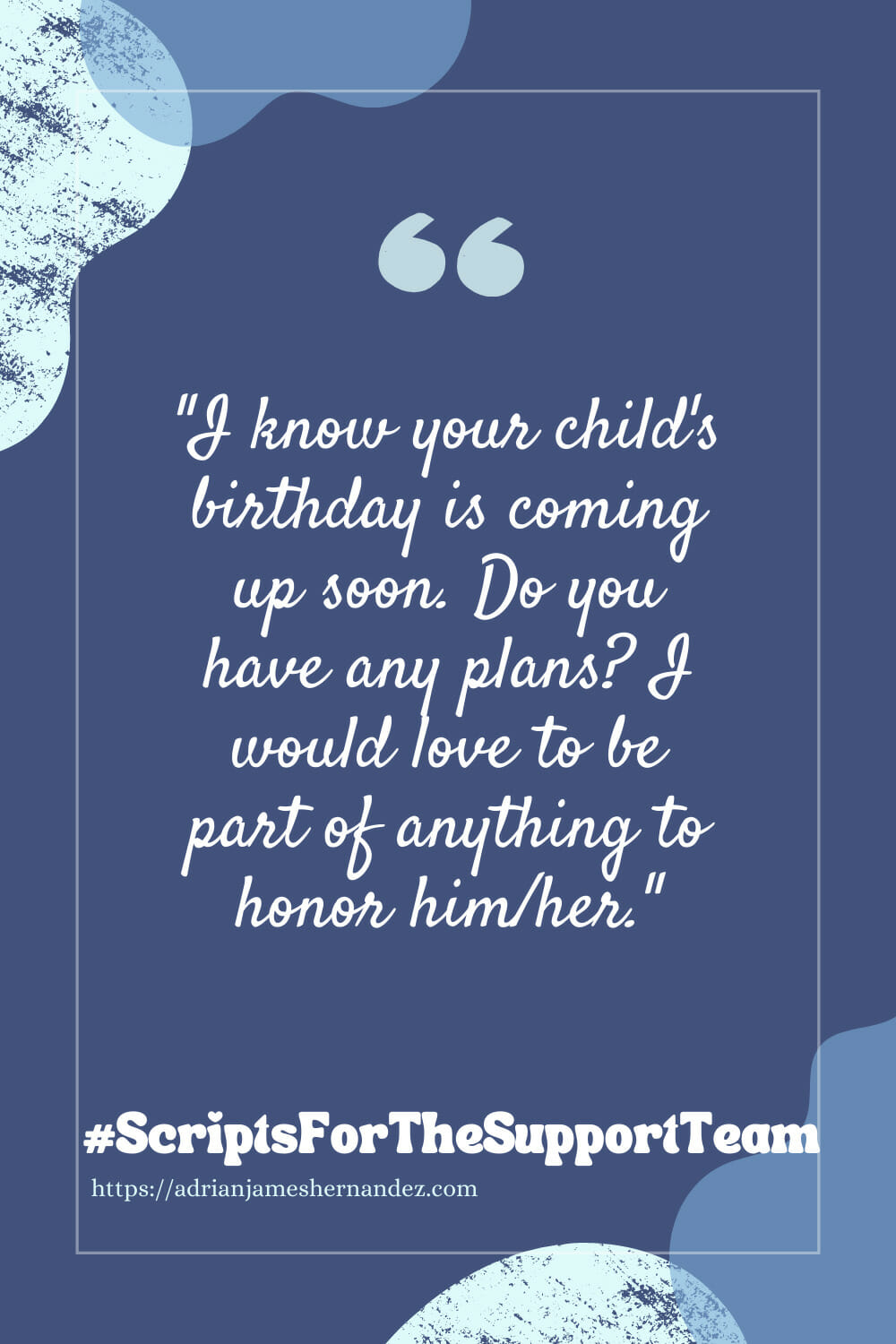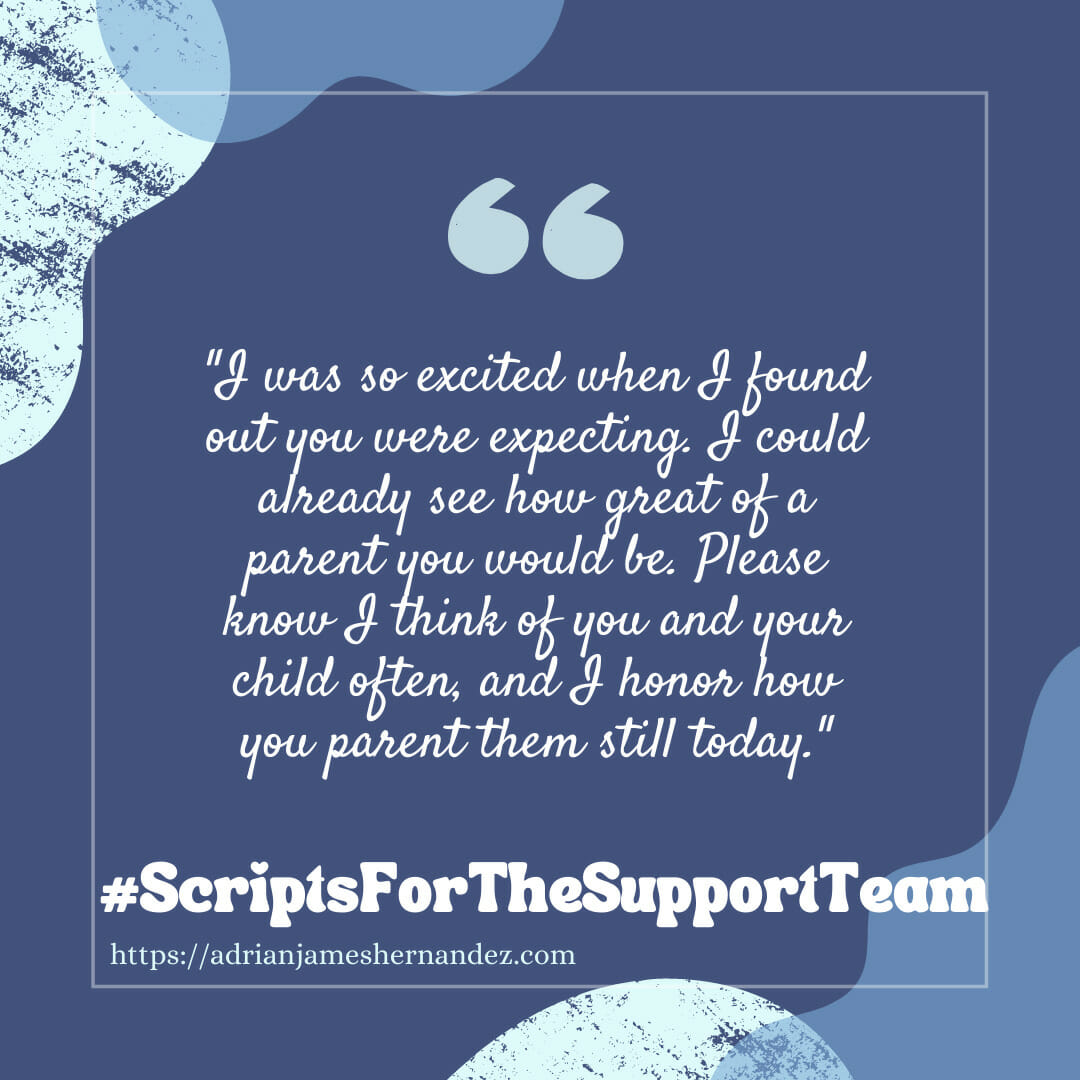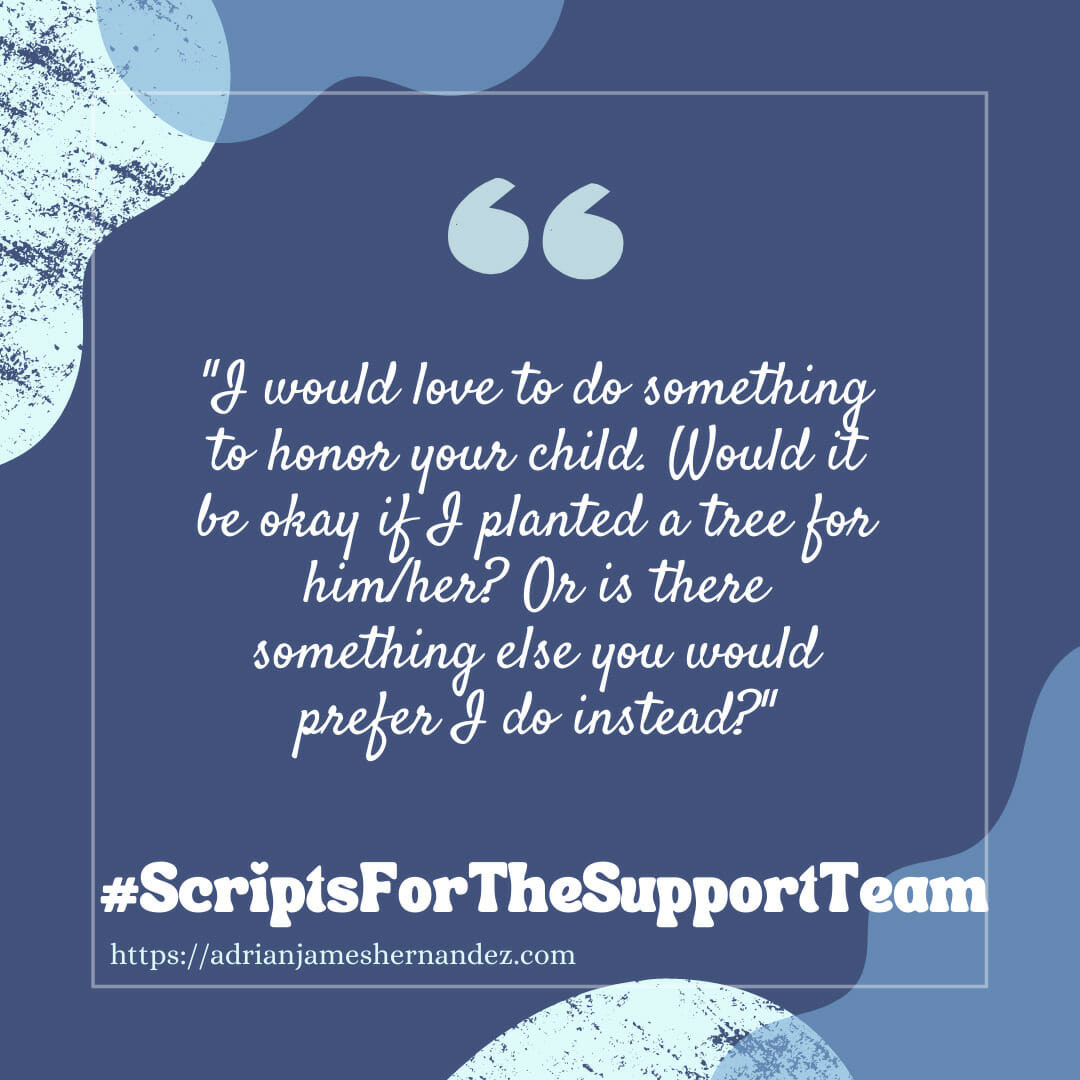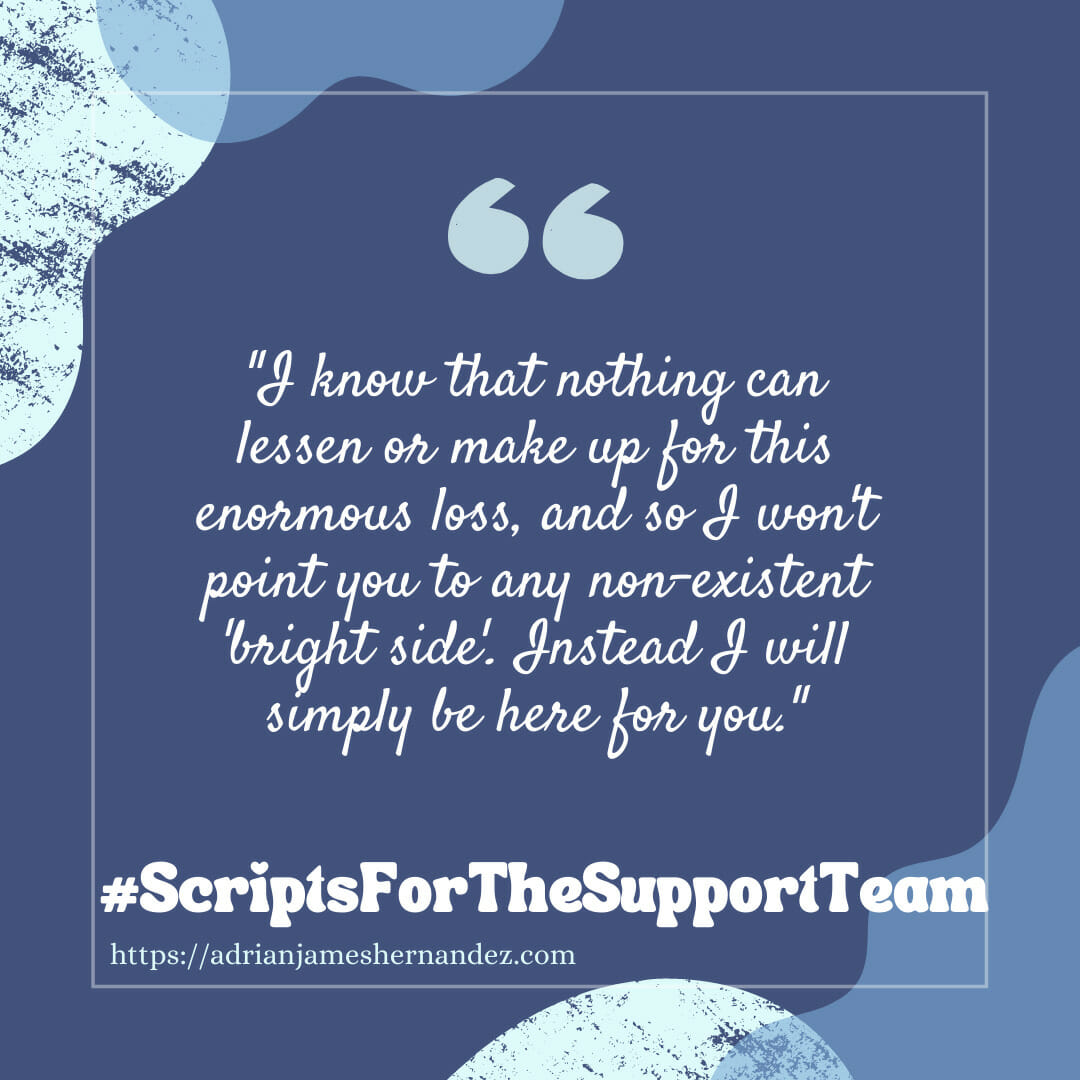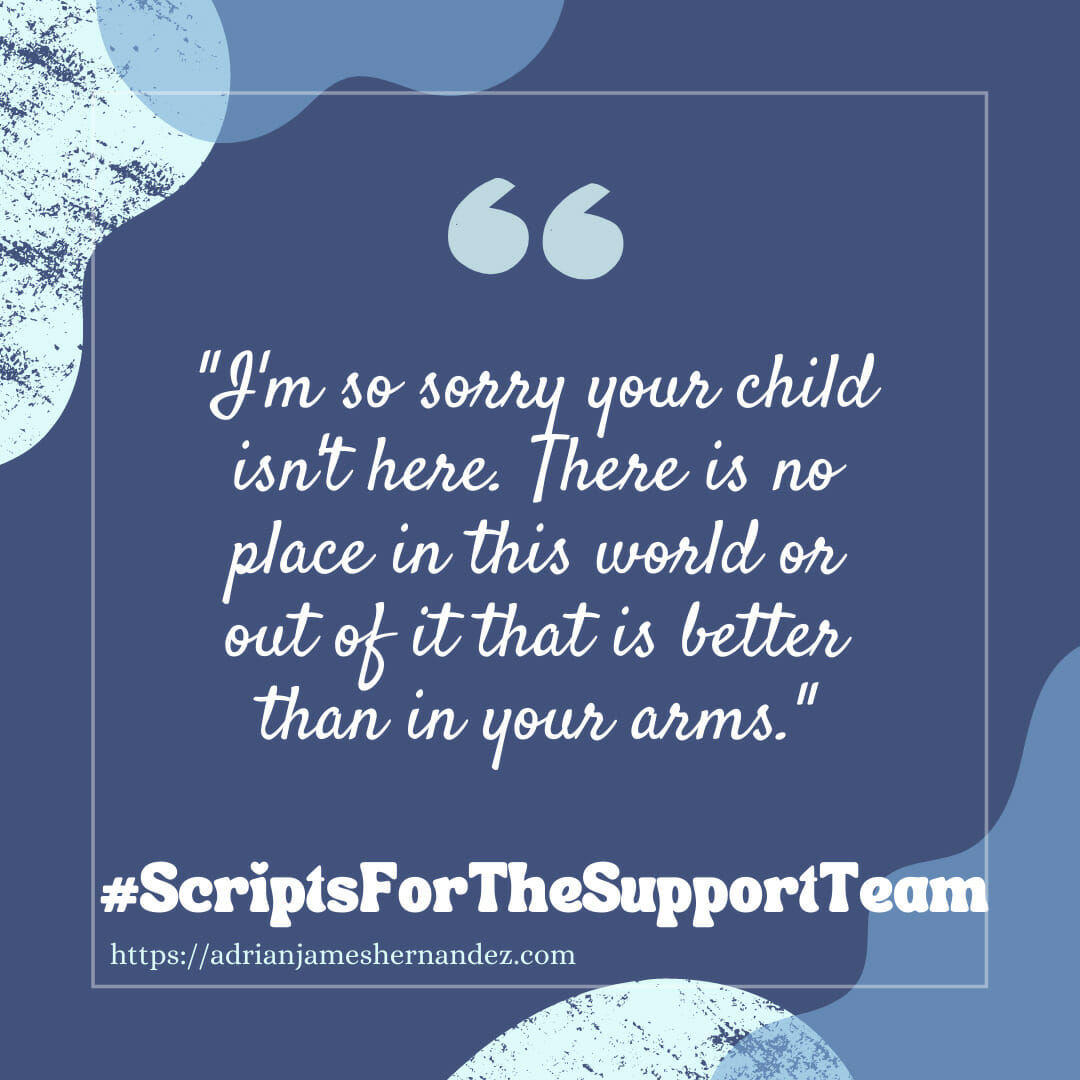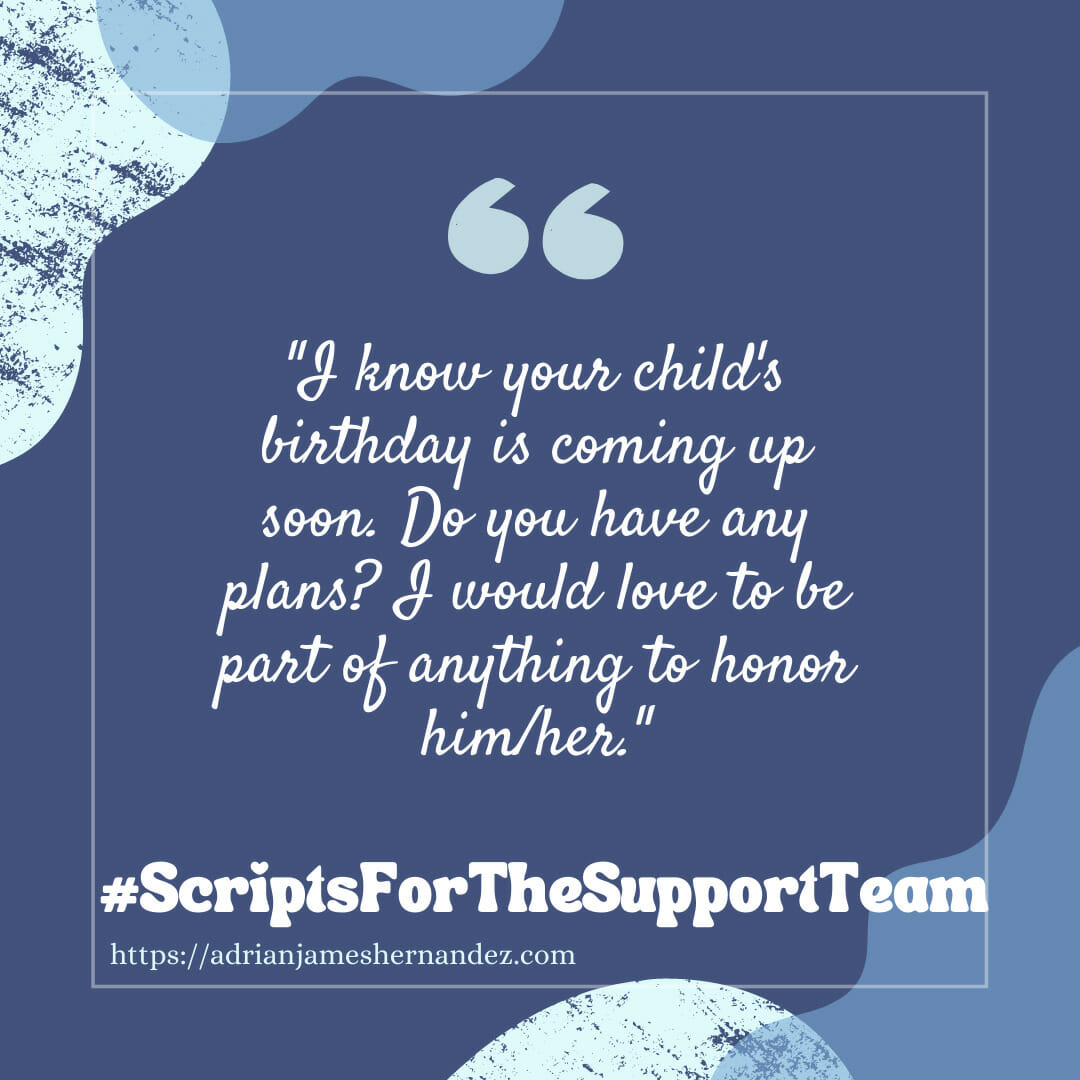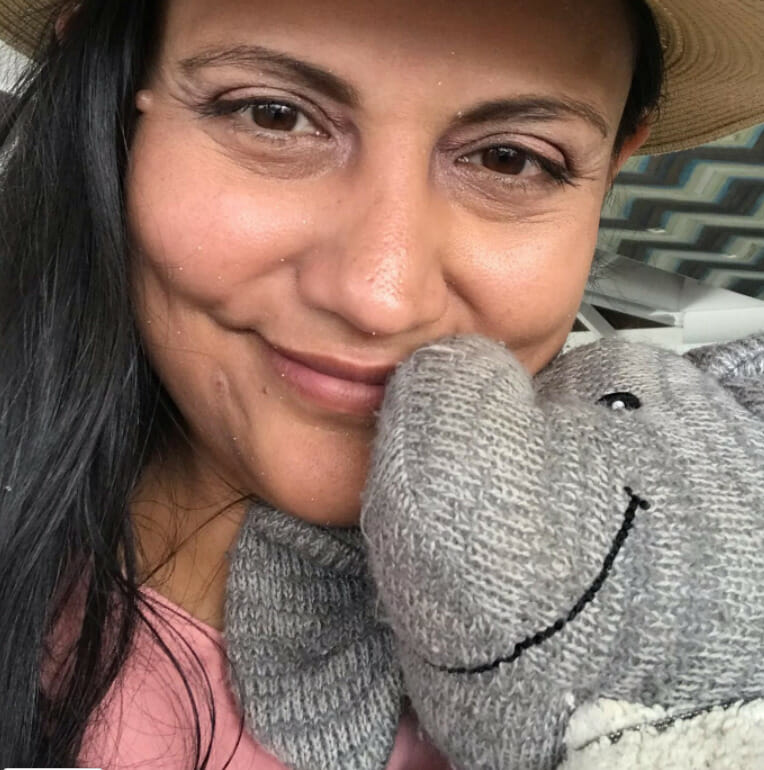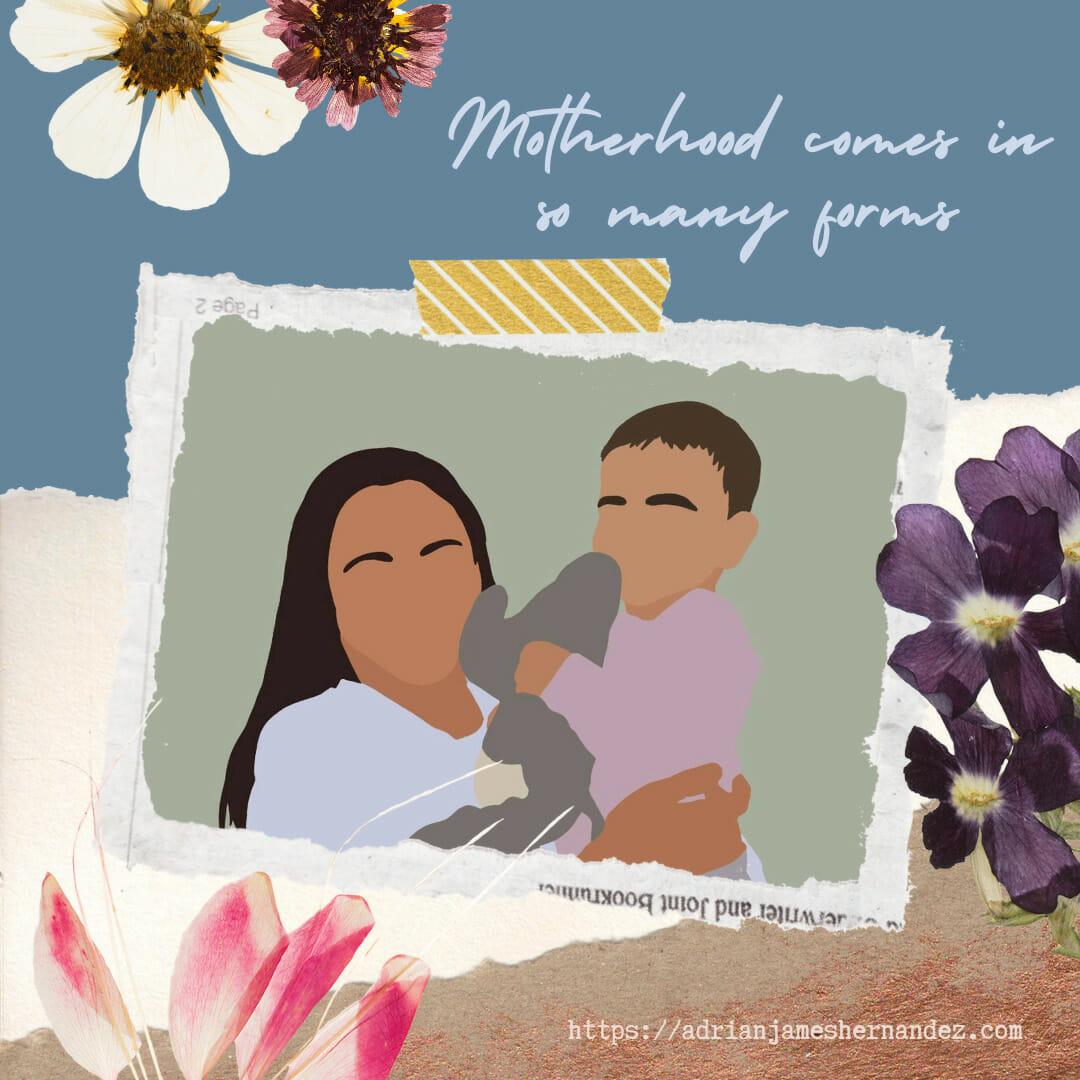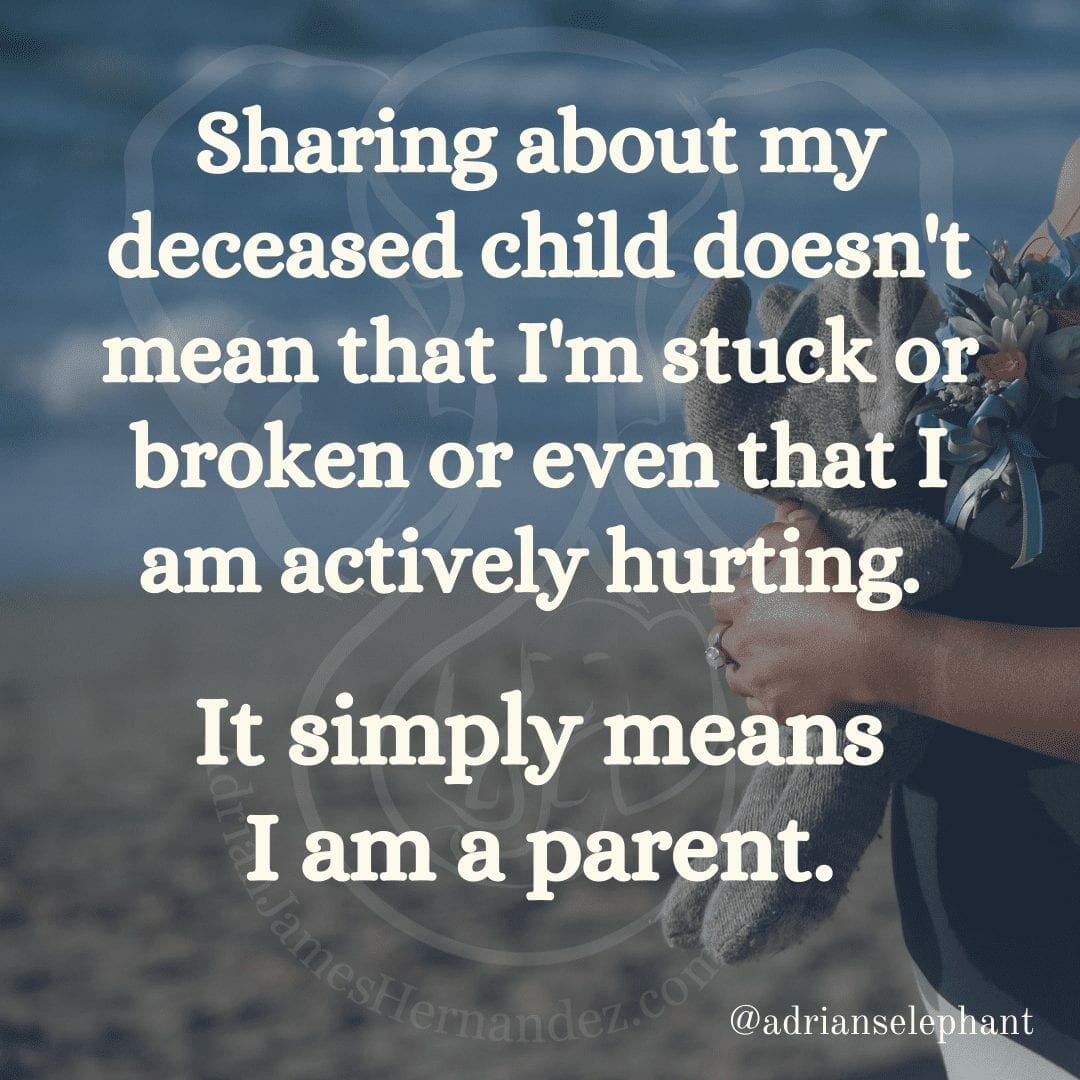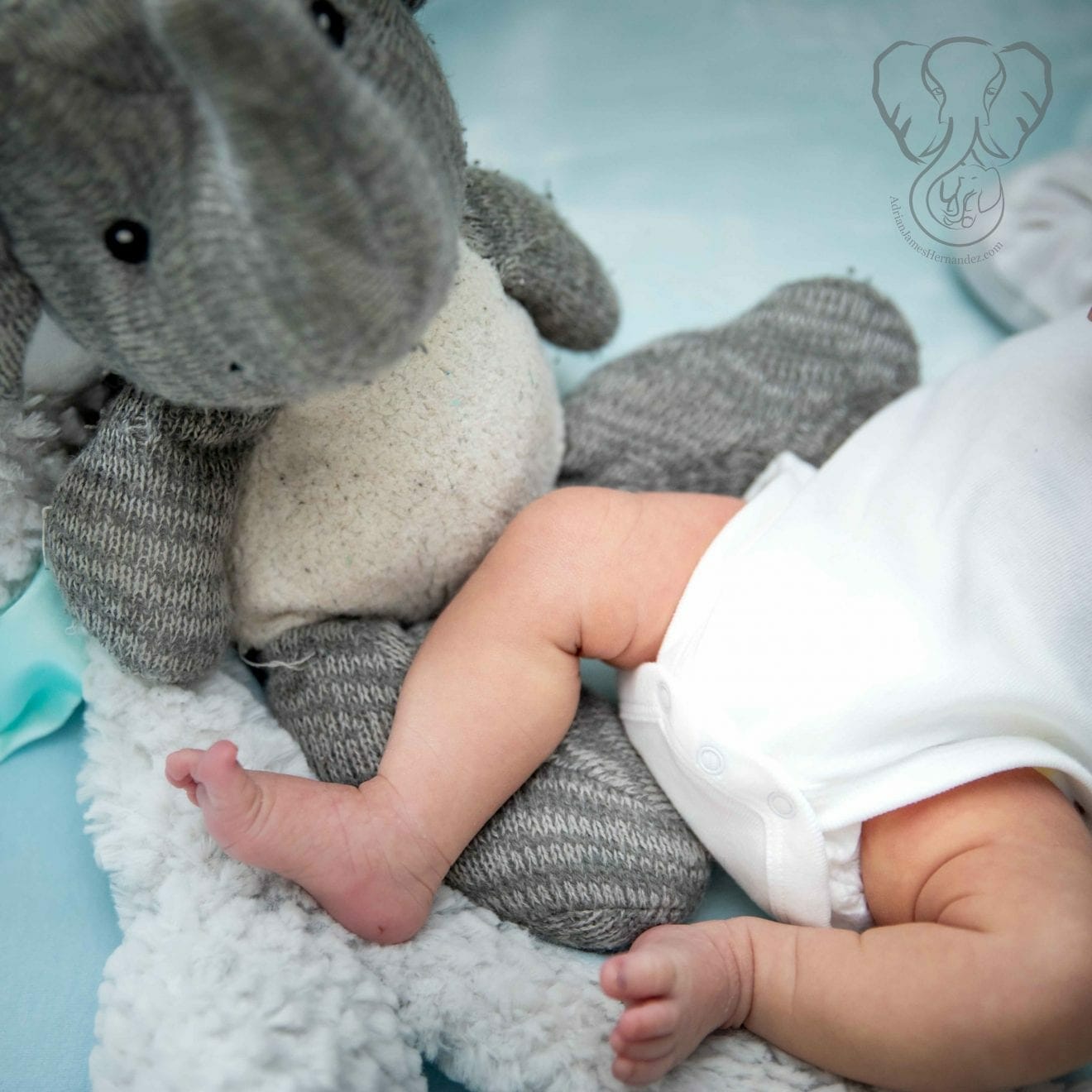Death is awkward in our culture. (How I wish it wasn’t!) And because of this awkwardness, talking about death is often hard. It doesn’t have to be, though. These are 10 things you can say to a loved one after the death of their child. You can also view additional suggestions and advice at our Notes for the Support Team page.
1. I am hearing and honoring all of your feelings.
Before anything else, please understand that your loved one is likely in a lot of pain. They may feel things or think things that are uncomfortable for you. Regardless of your discomfort, it’s important to be a non-judgmental listener. Your personal thoughts and feelings on how you might cope differently should stay in your head; let your loved one express their thoughts and feelings openly and without fear.
2. I don’t know how you feel and I’m not going to pretend to know. I am here to listen though, if you ever want to talk or cry or scream. You are not alone.
Even if you’ve experienced child loss or another major loss yourself, your loved one’s experience will never be an exact mirror of your own. Instead of saying you know how they feel, acknowledge that you don’t, but that you are open to listening. And if they aren’t in a place to talk yet, then offer yourself as a companion for whatever they do need. This time is all about them.
Related: Notes for the Support Team: Be cautious of projecting your feelings
3. I’m so sorry your child died. He/she deserved to live a long and happy life with you and your family.
This is a simple statement that acknowledges both the loss and the enormity of what it means. Regardless of age or length of gestation, your loved one is grieving for far more than the death of their child; they are also grieving the future that child should have lived.
Honor the reality of this enormous loss. It will be appreciated.
Related: Customizable sympathy card: There is no better place than in your arms
4. I understand your grief is an important part of your life now, and things may be different than they were before. I respect this, and I’m here to support you in whatever ways you need.
Many people who haven’t experienced loss (e.g. me before my son died) have no idea of the enormous impact of grief on life after loss. Far more than just a phase, grief can be and often is incorporated into one’s permanent future.
Using this phrase shows your loved one that you understand the importance of their grief, and that you won’t expect them to “bounce back” or be their old self again anytime soon…or ever.
5. I’m going to the grocery store tonight. Can I bring you groceries and dinner?
People often offer general help after a death, not knowing that the bereaved often don’t have presence of mind to know specifically what they need. Instead of making a general offer, find something specific you can do that your loved one might need. It’s far easier for the bereaved to accept these concrete offers of assistance than to try to figure out how to ask for help.
Related: It is far easier for you to “reach in” than it is for the bereaved to “reach out”

6. I was so excited when I found out you were expecting. I could already see how great of a parent you would be. Please know I think of you and your child often, and I honor how you parent them still today.
It’s important to understand that regardless of the age or length of gestation at which your loved one’s child died, they are and always will be a parent. Parenting a child after their death may not look the way non-loss-parents imagine, but it’s still very real. This phrase shows your loved one that you honor them in their parenthood.
Related: Acknowledge Bereaved Parents on Mothers and Fathers Day
7. I would love to do something to honor your child. Would it be okay if I planted a tree for him/her? Or is there something else you would prefer I do instead?
People often want to do something meaningful to honor the life of a deceased child, and this is incredibly appreciated. But instead of making your gift or gesture a surprise, share what you’re planning with your loved one first. They might have preferences you aren’t aware of or they might be planning a charity event or similar activity they could use help with. Asking your loved one for their preferences is another way to demonstrate you care.
8. I know that nothing can lessen or make up for this enormous loss, and so I won’t point you to any non-existent ‘bright side’. Instead I will simply be here for you.
There is NO bright side to the death of a child. It’s one of those experiences in life that only sucks. When you use this phrase with your loved one, you are showing them you acknowledge the enormity of their experience and that you are a safe place for them to share their pain.
9. I’m so sorry your child isn’t here. There is no place in this world or out of it that is better than in your arms.
Regardless of religious or spiritual beliefs about what happens after one dies, children simply aren’t meant to die so early in their lives. Parents are also not meant to live without their children. This phrase shows your loved one that you acknowledge the pain of this out-of-order loss, and that you will never minimize it by pointing to thoughts of an afterlife.
10. I know your child’s birthday is coming up soon. Do you have any plans? I would love to be part of anything to honor him/her.
As grief tends to last forever, so too does love. And because of this love, bereaved parents often want to celebrate their child, especially on important dates like birthdays. If your loved one is planning an event for their deceased child’s birthday, please attend it. Bring a present. Bring a card. Acknowledge the importance of these important days. Acknowledge the beauty mixed inside the pain.
All of the preceding suggestions are available as shareable graphics, posted below. Please feel free to share any or all wherever you think they may be needed. You can also read some companion pieces at the links below.
Shareable graphics for “10 Things to Say to a Loved One after the Death of their Child”:
Related Posts:
Resources for Friends and Family
Notes for the Support Team Homepage
The Phone Call You Never Expect to Receive; Supporting a Loved One After the Loss of a Child
Adrian’s Elephant Official Comment Policy; aka Things not to Say to or about a Bereaved Parent











